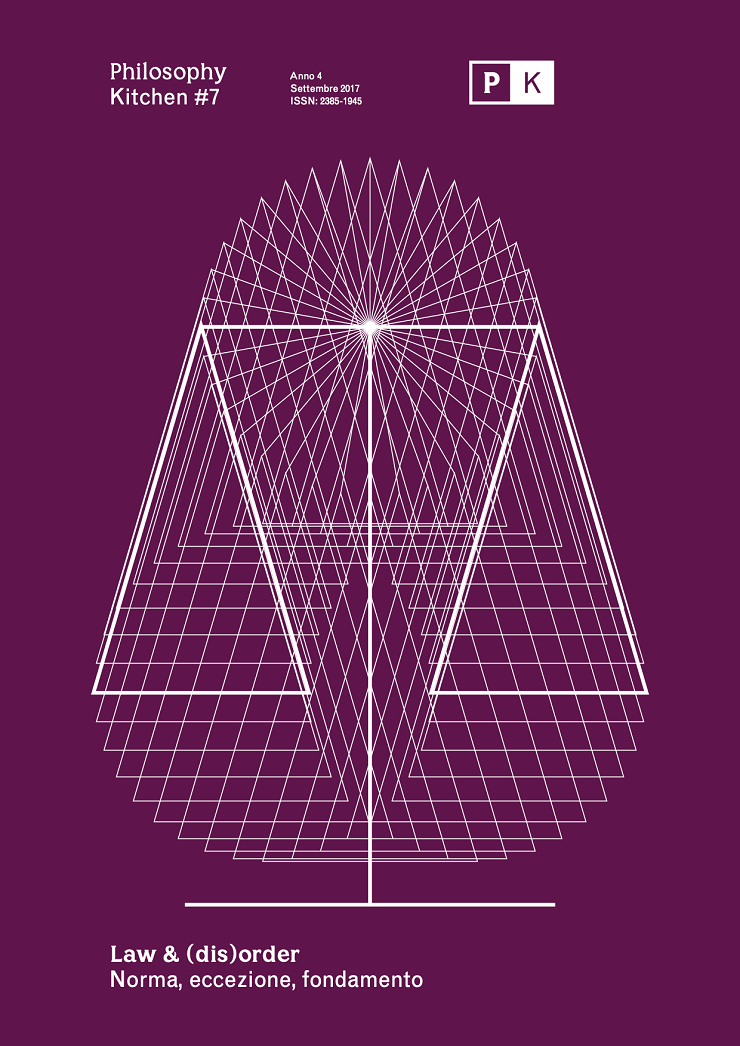La determinazione della legge di Dio. Il pensiero del nómos in Paolo di Tarso
DOI:
https://doi.org/10.13135/2385-1945/3869Abstract
The article deals with the concept of ‘predestination’ and its development in the Bible. The word that carries on this notion is the Greek verb προ- ορίζω (proorízō), which occurs only in the New Testament: once in the Acts of the Apostles and five times in Paul’s Epistles. With a view to giving a Christological interpretation of Paul’s words, Allen in 1970 linked this verb to the word πρόσταγ- μα (próstagma) that occurs in Psalm 2:7. However, through a careful analysis of several passages taken from both Greek and Jewish authors, such as Demosthenes, Sophocles, Plato, Epictetus, Heliodorus of Emesa, Philo of Alexandria and Flavius Josephus, it might be possible to give a different reading of Paul’s use of προορίζω. Indeed, it seems that the Apostle of the Gentiles referred to the technical legislative meaning of ὁρίζω (horízō), viz. ‘I determine’ the law.






